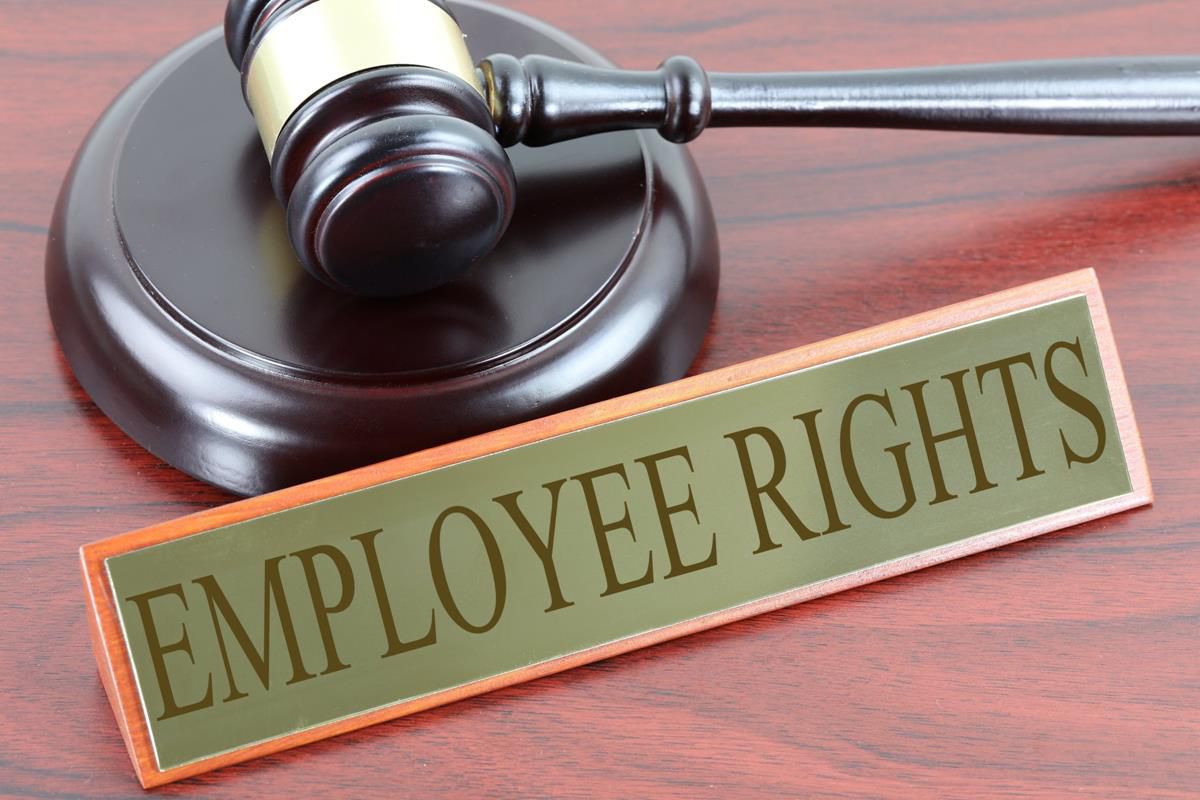Use Your Legal Rights After a Taxi Collision

Taxi collisions are unfortunate events that can turn the lives of those involved upside down. Whether you’re a passenger, driver, or another party affected by the accident, understanding your legal rights is essential for ensuring you receive fair treatment and compensation. This post explores the various avenues available to you after a taxi collision, helping you navigate the complex aftermath effectively.
Understanding the Nature of Taxi Collisions
When considering the legal aspects of taxi collisions, the first step is recognizing how these incidents differ from standard vehicle accidents. Taxis operate as commercial vehicles, which means they are subject to specific regulations and laws. As such, the liability may shift depending on the circumstances surrounding the accident.
In many cases, taxi companies hold liability insurance policies that cover their drivers’ negligence. However, passengers injured in a taxi or individuals harmed by a taxi on the road have unique rights and avenues for seeking compensation.
Determining Liability in Taxi Accidents
One of the most critical factors to address after a taxi collision is determining who is liable. Liability can rest with the taxi driver, the taxi company, or even other motorists. Here are some common scenarios:
- Driver Negligence: If a taxi driver was speeding, distracted, or otherwise driving recklessly at the time of the collision, they may be held responsible.
- Company Liability: Taxis are often owned by companies; these companies can be liable for their drivers’ actions under the legal principle of “vicarious liability.”
- Third-Party Negligence: Sometimes, the cause of an accident lies with another driver or a mechanical failure unrelated to the taxi itself.
Steps to Take Following a Taxi Accident
After a taxi collision, reclaiming your rights begins with specific immediate steps:
1. Seek Medical Attention
Your health should always come first. Even if you believe your injuries are minor, seek medical attention as soon as possible. Some injuries may not present symptoms immediately but can lead to severe complications later.
2. Gather Evidence
If possible, document the scene of the accident. Take photos and notes about the positions of the vehicles, any visible damage, and conditions such as weather or road hazards. Collect information from witnesses and other parties involved.
3. Report the Accident
Notify the police about the incident. A report will provide an official record, which can be beneficial for establishing facts in any potential claims.
4. Contact Your Insurance Provider
Notify your insurance company about the accident, even if you were a passenger in the taxi. They can advise you on the next steps and how your policy might cover damages or injuries.
5. Consult Legal Support
Getting legal advice is often a smart move—especially if you’re unsure how to proceed or the situation becomes complicated. Many individuals seek help from firms like Avian Law Group to better understand their legal options and protect their rights during the claims process.
Understanding Your Legal Rights
In the aftermath of a taxi collision, your legal rights may include:
- Right to Compensation: You can claim compensation for medical expenses, lost wages, and other damages.
- Right to File Claims: Depending on who is at fault, claims may be filed against the driver, the company, or third parties.
- Right to Legal Representation: An attorney can advocate for your interests and ensure fair treatment.
What to Expect During Recovery
Recovering from a taxi accident can be a long process, especially if injuries are severe. Following your doctor’s instructions and documenting your recovery will help your case and your healing.
The Settlement Process
Be cautious when approached with a settlement offer from insurers. It’s common for initial offers to fall short of what your case is truly worth. Legal counsel can help you assess any offers and negotiate better terms if necessary.
Going to Trial
While most cases settle out of court, trial is always a possibility. If a fair resolution can’t be reached, your attorney may pursue a lawsuit on your behalf, bringing the matter before a judge or jury.
Conclusion
Understanding your legal rights after a taxi collision is vital for protecting yourself and your interests. By following the appropriate steps and seeking legal guidance, you can better navigate the challenges ahead. With the right preparation and support, you stand a stronger chance of achieving the outcome you deserve.



